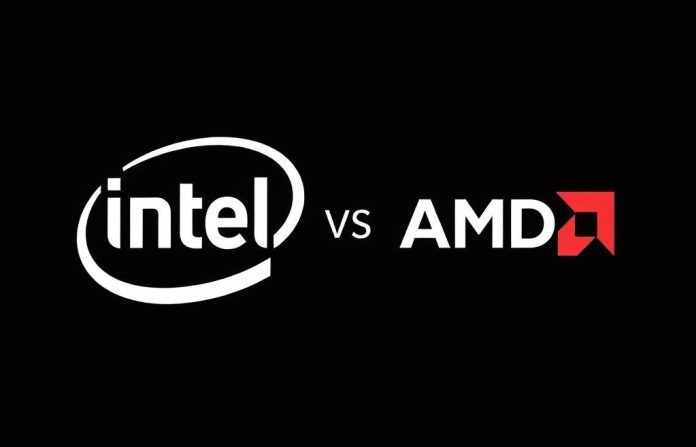Intel is currently facing a challenging period, grappling with intense market competition, rapid technological advancements, and financial pressures. As a result, its future direction is under close scrutiny. The company’s next move is uncertain, whether it continues with its IDM 2.0 strategy, expands its wafer foundry business, revises its product roadmap, or even considers an external acquisition.
There are suggestions that Intel might sell or partner its chip fabrication business, with some even proposing the sale of the entire company. However, given Intel’s significant influence in the industry, potential buyers are proceeding cautiously. One major challenge that is often overlooked is the complex cross-licensing agreements between Intel and AMD. Any sale would require AMD’s approval.
Despite being fierce rivals, Intel and AMD have a long history of sharing certain technologies. Their latest cross-licensing agreement, signed in 2009, allows both companies to use each other’s technologies and avoid patent-related legal disputes. This agreement covers everything from CPUs and GPUs (both standalone and integrated) to DPUs and FPGAs.
According to the terms of the agreement, if Intel is acquired or undergoes a major merger, the existing licensing deal will automatically terminate. This means the new owner of Intel would need to renegotiate the license, and AMD could either refuse to cooperate or impose strict conditions.
A notable example of this is when AMD sold its first-generation Zen architecture to China and partnered with Hygon — it needed Intel’s approval before moving forward.
From AMD’s standpoint, it would not want Intel to fall into the hands of a competitor, especially large tech companies like Qualcomm or Broadcom. Such an acquisition could create an even more powerful company, threatening AMD’s market position. As a result, even if Intel is interested in selling, AMD could use the licensing agreement to influence the deal or block it altogether.
Ultimately, Intel’s decision will depend on its negotiation strategies and objectives. What do you think? Will Intel sell, or will it find a way to move forward on its own?




